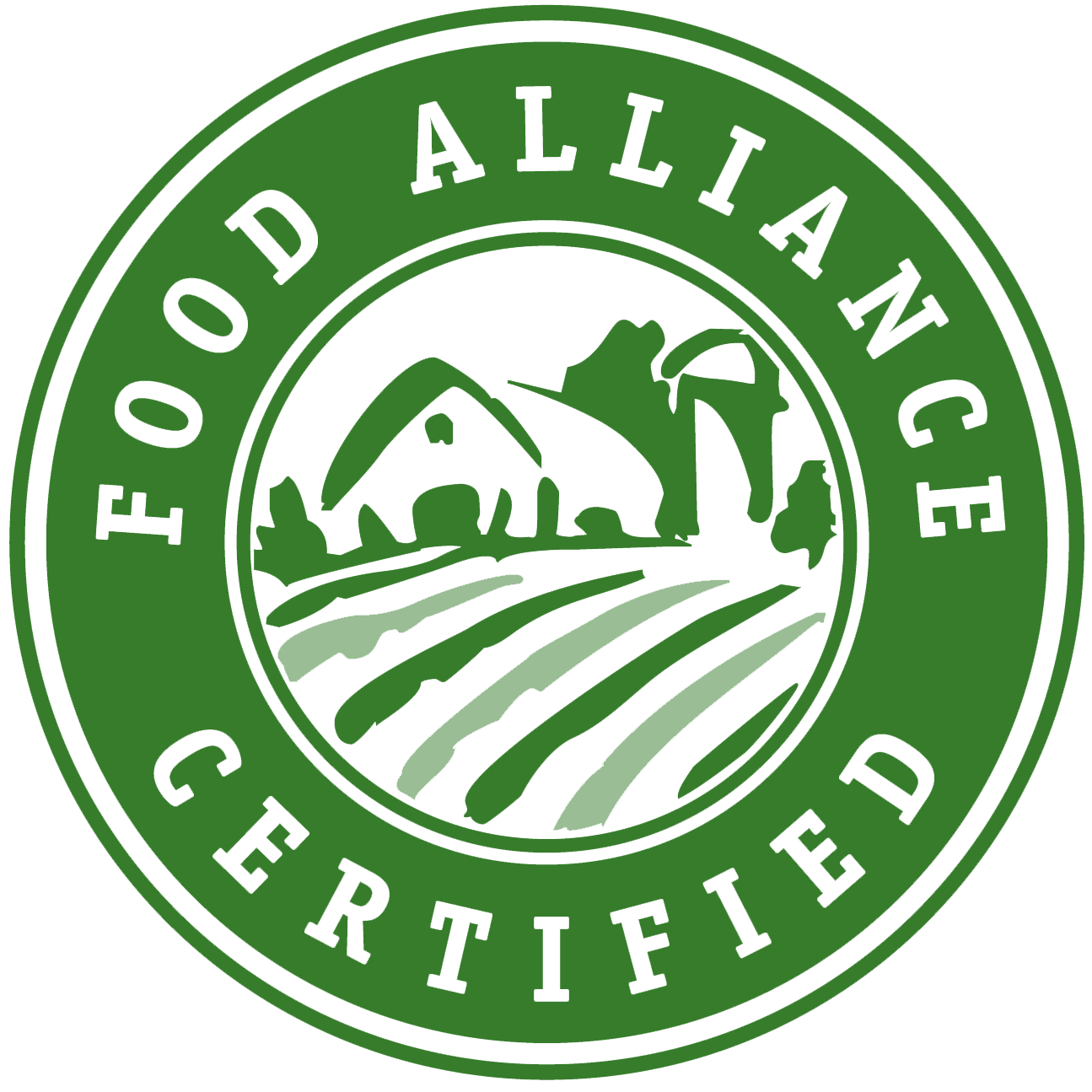Client Spotlight: Central Bean
Central Bean has been a Food Alliance partner for over twenty years, collaborating with us to establish and certify sustainable practices across all aspects of its bean growing, sourcing, and distribution business. The family-owned company has been at the forefront of sustainability since it was founded thirty years ago and continues to be a leader in its field, producing healthy, high-quality beans for nationwide customers including Chipotle and Rancho Gordo. Central Bean exemplifies how a commitment to whole-system sustainability drives beneficial impacts that reach beyond the land, producing exceptional products, healthy working environments, and positive change within industries.
Central Bean was founded in 1983, when Don Grebb and his family, who’d previously grown beans in Colorado, relocated to Quincy, in central Washington. From the start, the Grebbs were interested in exploring planting and harvesting methods, like minimum and no-till farming, to both sustain the health of their land and produce premium bean crops. When a local warehouse became available for purchase, they seized the opportunity to expand their storage and distribution capacity, which allowed them to source beans from other growers and experiment further with sustainable growing methods.
Pinto beans are known for their earthy flavor
Central Bean’s interest in not only practicing but promoting sustainability across its business led to its early partnership with Food Alliance. Food Alliance certification was a natural fit for the company, which views sustainability as a combination of multiple practices working together to benefit the land and wildlife, the economy, consumers, producers, and employees and their families. “Sustainability is not just about how we grow our beans,” says Janice Stephens, Central Bean’s longtime general manager, “but how we give back to our communities, our workers, and the environment.”
Certification is important to Central Bean because it helps the company’s producers, staff, and buyers understand and communicate the company’s commitment to responsible practices. It enables Central Bean to guarantee the quality of its suppliers, support its employees’ livelihoods, and help its customers market its products to end consumers who care about sustainably grown food.
Janice, who works closely with the Food Alliance team, sees Food Alliance as a true partner who guides and supports members’ sustainability efforts. “I like working with Food Alliance because the focus is on the positives and what we can all do to make the program work and get the word out.” She appreciates that Food Alliance takes the time to understand the challenges faced by individual members, educates them on best practices, and helps them establish attainable goals.
In the case of bean growing and distribution, the biggest challenges are weed management and tracing the origins of beans to ensure a consistently high-quality product. In addition to promoting farming methods that help their suppliers control weeds more naturally, the company has created an innovative identification system that guarantees 100% traceability of their products. Their Food Alliance–certified Identity Preserved (IP) operations trace beans not just to a particular grower but to the field they were grown in and the truck they arrived on, ensuring all Central Bean products can be traced all the way from field to fork. Their Food Alliance certification also extends to their cleaning and packing processes, demonstrating the company’s dedication to operating sustainably throughout their production and supply chain.
Central Bean’s goal is to be as transparent as possible and to educate their buyers and consumers about the importance of sourcing high-quality beans. “We want them to understand what they are buying and that, though we might not be the lowest cost, our beans are of the highest quality, and we strive to make our growing and business practices the best they can be.” Food Alliance certification helps Central Bean accomplish this goal and support their entire community, from growers to consumers. As Janice says, “It’s a good fit for everyone.”



